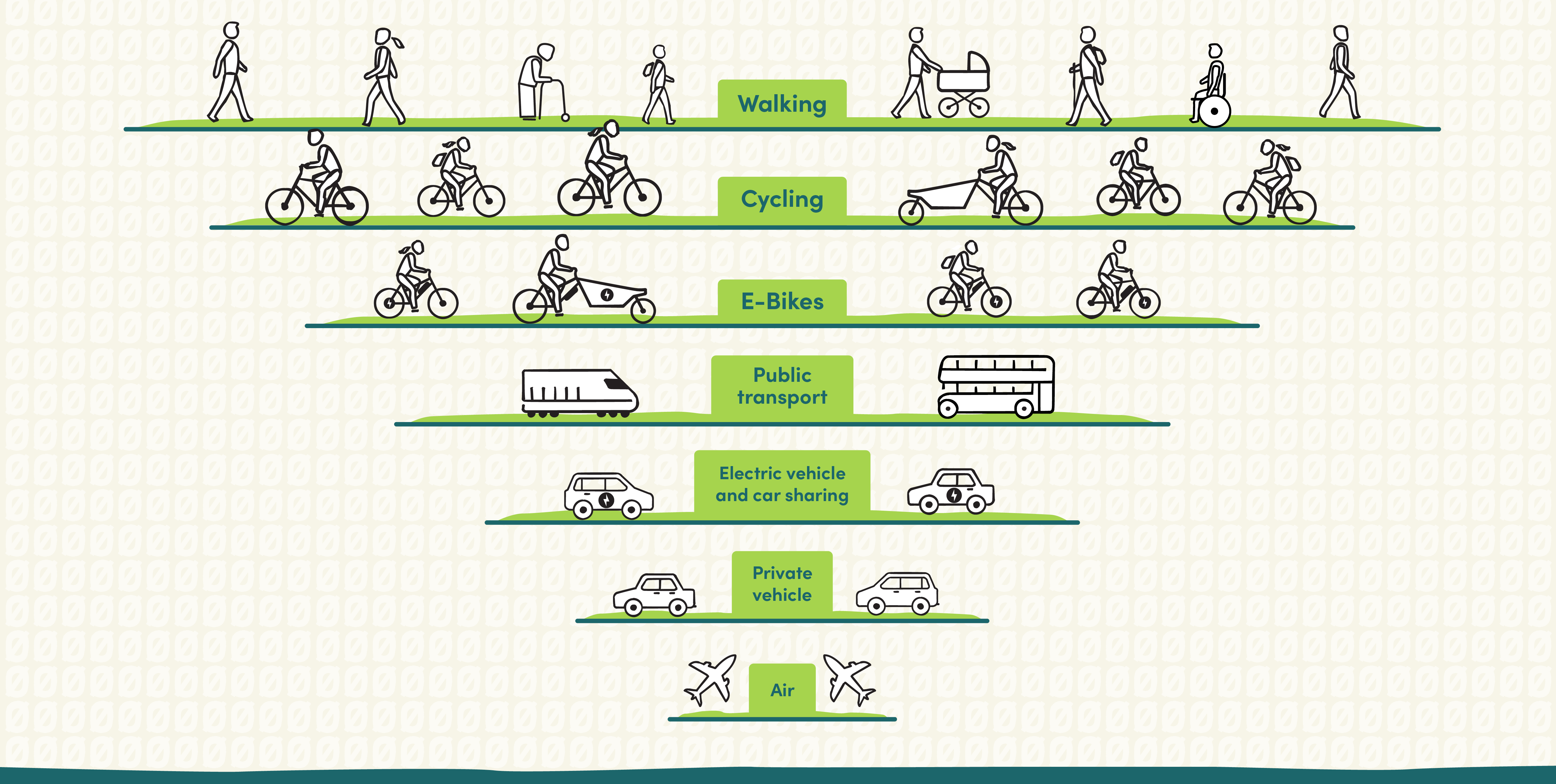Why are businesses switching to e-cargo bikes?
Cutting emissions is something that everyone - both businesses and individuals - needs to play their part in. Consumers now expect environmental responsibility from brands they buy from, and that includes transport options.
While electric vans are a great option if you’re looking to cut your emissions and fuel costs, e-cargo bikes bring a host of extra convenient benefits when it comes to deliveries. These nimble bikes are able to park quickly and easily right outside a customer’s location without blocking traffic, skipping the parking fees and boosting your efficiency.
If you're wondering about capacity, e-bikes designed specifically for cargo hauling are able to safely carry multiple packages with ease, with some having weight capacities up to 180kg.
The initial investment of around £8,000 is comparable to a second hand van - with business owners able to make additional savings on road tax, MOT, car insurance and congestion charges with an e-cargo bike, as well as far lower running costs and parking fees, it becomes an attractive and achieable option.

